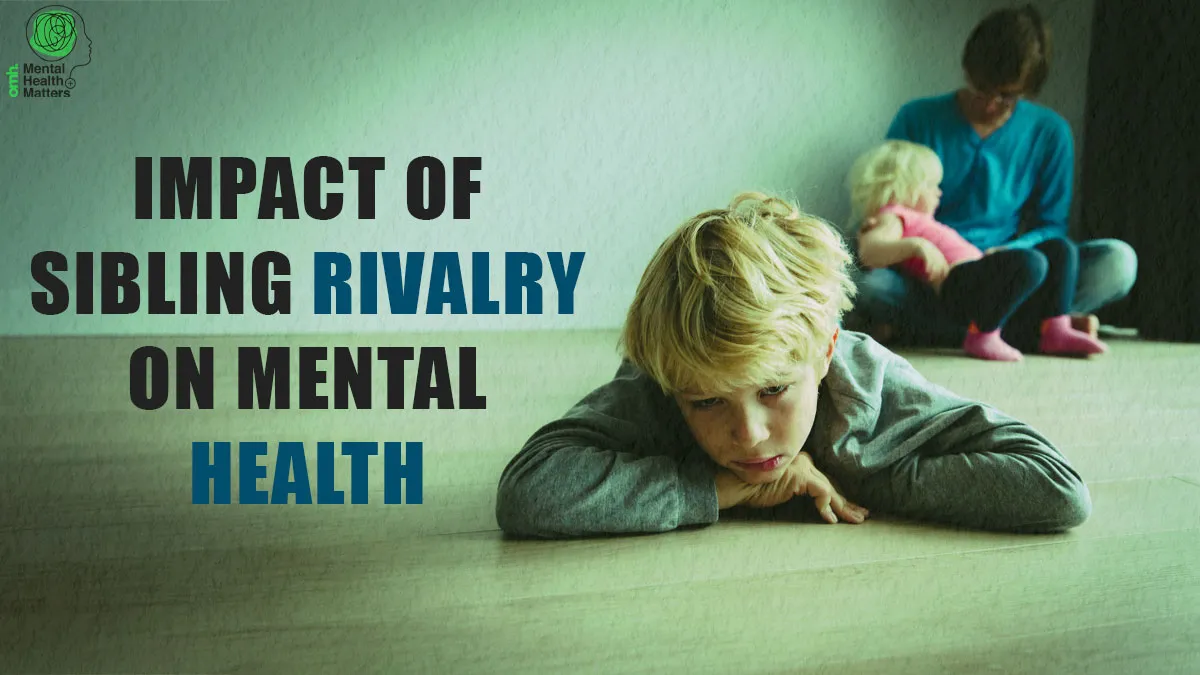
Sibling rivalry is a common occurrence in many households, but its consequences can sometimes be underestimated. How often have you seen siblings argue over something trivial, only for the tension to linger much longer than expected? For some, feelings of jealousy or competition don't end in childhood; they carry into adulthood, subtly affecting their relationships and self-esteem. If left unchecked, sibling rivalry can lead to hurtful experiences, such as feeling ignored or unappreciated. These feelings can even contribute to anxiety, depression, or self-doubt later in life.
Table of Content:-
CHECK YOUR
MENTAL HEALTH

On the occasion of Children's Day and as a part of our ''Mental Health Matters" campaign, we reached out to Jasreen Birgi, Counselling Psychologist, Lissun, Mental Health Platform, to gain insights into the mental health impact of sibling rivalry and how parents can help support positive relationships between their children.
What is Sibling Rivalry?
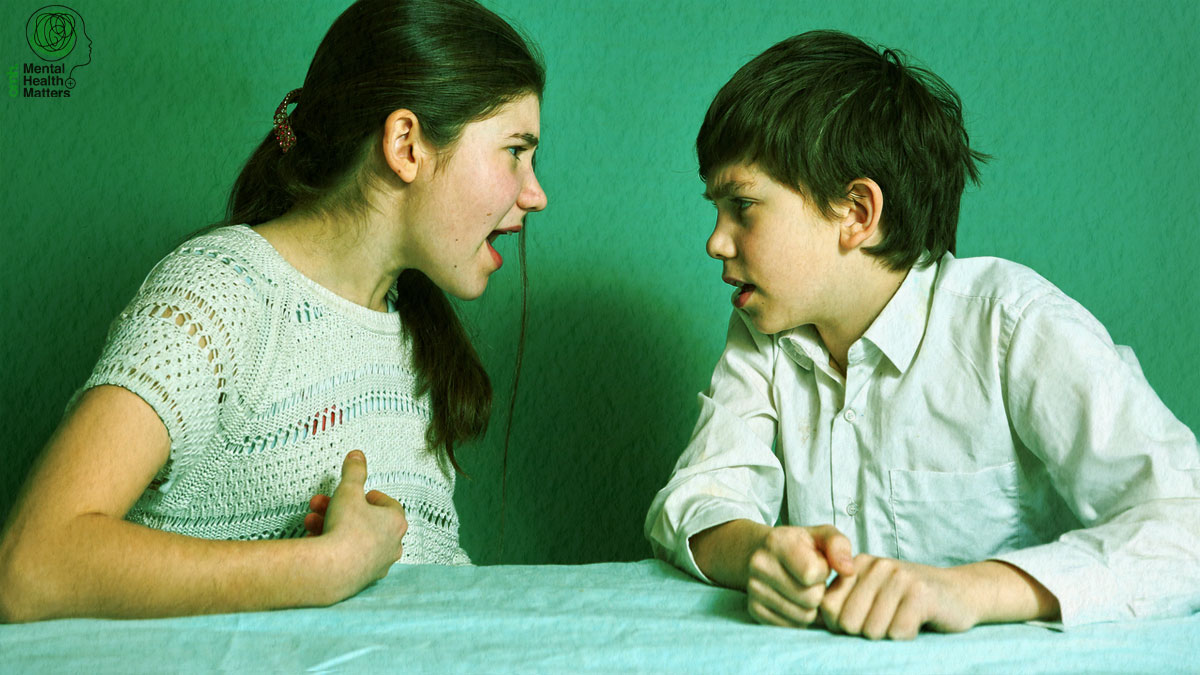
According to a study published in the Nursing Journal of India, the term 'sibling' refers to brothers and sisters, while 'sibling rivalry' describes the competitive feelings and behaviours that commonly arise between children in a family. This rivalry can involve jealousy, teasing, fighting, unkindness, and, most notably, competition between siblings. Often, this competition stems from a desire for more attention from parents.
How Does Sibling Rivalry Impact Mental Health?
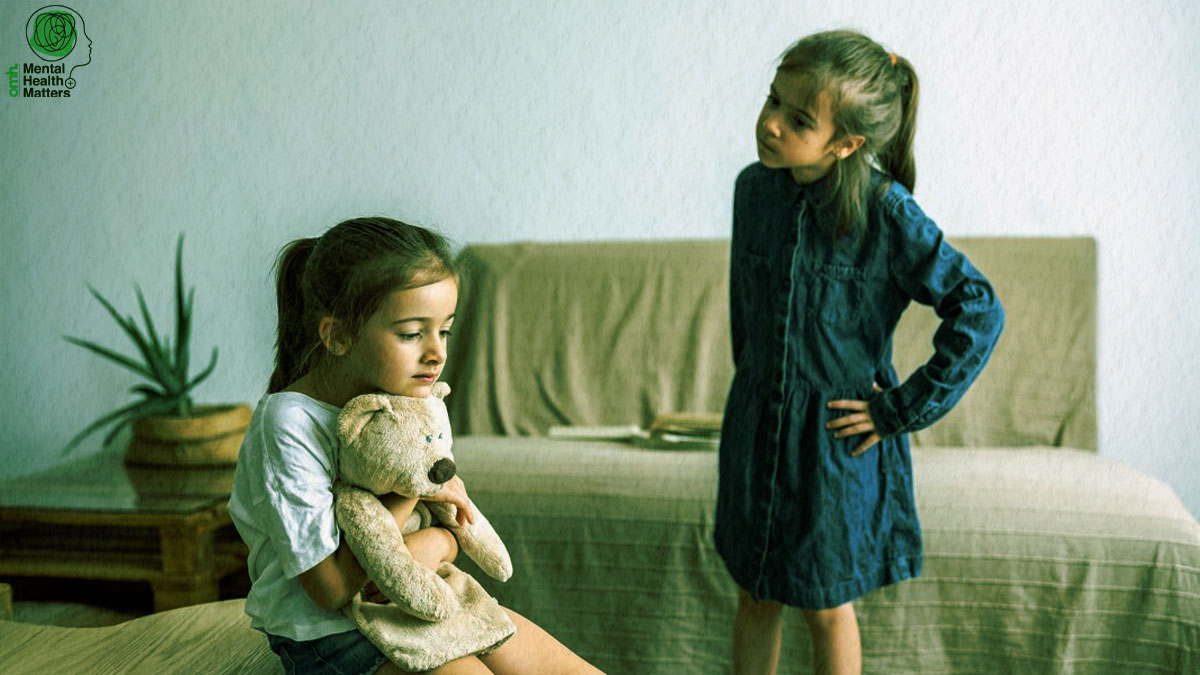
While small amounts of rivalry and conflict can help siblings emotionally grow, teaching them problem-solving and teamwork, there is a darker side to sibling rivalry. In cases where there is a lack of intervention from parents, rivalry can quickly spiral into bullying. It can take years to heal the emotional scars left by sibling bullying.
Rivalry has a profound impact on the mental and emotional health of the children involved. “A 2015 analysis found that children who experience bullying from siblings are more likely to face bullying from their classmates as well. Sibling rivalry can affect a child's social relationships and friendships outside their immediate household. Studies have also highlighted that a twin who is out-performed is likely to abandon an activity altogether to avoid direct competition,” said Birgi.
As children grow older, unresolved rivalry can continue to influence their adult relationships. The harmful effects of sibling bullying can linger into adulthood, often manifesting in mental health challenges, such as depression, self-doubt, suicidal thoughts, and self-harm.
“Fundamentally, the immediate consequences of sibling rivalry are a mirror of the continuous fight for acceptance in the family. Although little rivalry might help people become more resilient, unbridled competition can plant the seeds of conflict and psychological suffering,” added Birgi.
Also Read: Mental Health Matters: Expert Explains Mental Illness In Children
Supporting Positive Relationships Among Siblings
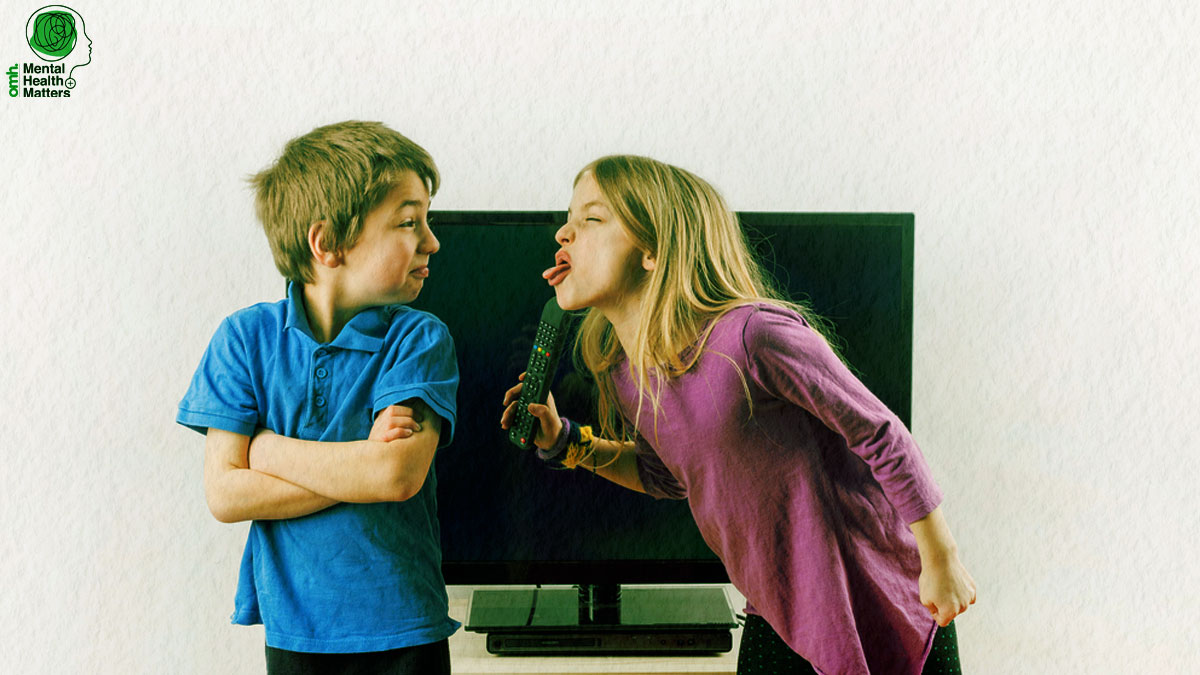
While sibling rivalry is natural, supporting positive relationships requires active involvement and strategies that can help reduce conflict and build stronger bonds.
According to the International Journal of Indian Psychology, sibling rivalry is often underestimated in child psychology. However, it can result in various psychological effects, from outbursts of anger to physical altercations between siblings. To prevent emotional distress, it is important to provide extra care and attention to the older child when a new sibling is born.
Here are some ways listed by the expert to support healthy sibling relationships, both during childhood and later in life:
Tailored Approach
One of the first steps in supporting positive sibling relationships is to create an atmosphere of justice and respect. Parents should recognise the unique needs, strengths, and vulnerabilities of each child, adjusting their approach to ensure everyone feels heard and understood.
Conflict Resolution

Instead of immediately stepping in to solve every dispute, parents can guide their children through the process of resolving conflicts on their own. Encouraging them to express their emotions, listen to each other, and find solutions together fosters independence and healthier communication skills.
Also Read: Children's Mental Health Awareness Week: Experts Explain The Future Of Children's Mental Healthcare
Quality Family Time
"Spending quality time together helps build positive memories. Simple activities, such as going to the park, playing board games, or having family dinners, can foster connection and reduce tension," said Birgi.
Redefining the Bond
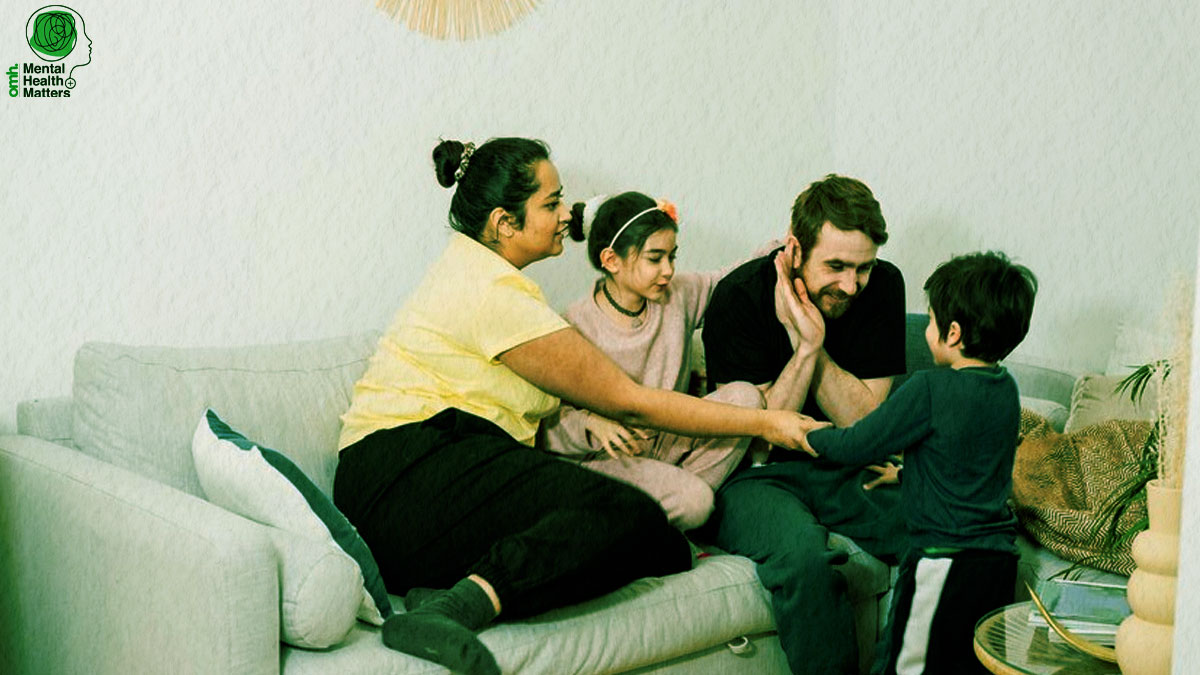
For adults seeking to mend strained sibling relationships, it’s essential to focus on common ground. Redefining the sibling bond often means creating new, adult relationships based on shared experiences and mutual respect. This process involves creating new, adult relationships based on understanding and empathy. It may take time, but with effort and open communication, even long-standing rifts can be healed.
Fairness over Equalness
"Instead of treating all children the same, parents should focus on addressing the individual needs of each child. This approach helps avoid feelings of neglect or competition and fosters a sense of fairness," said Birgi.
A 2023 study highlighted the importance of parental supervision in preventing sibling rivalry from escalating into harmful behaviour. When parents fail to provide appropriate guidance and supervision, small conflicts can quickly become more serious. By focusing on fairness over equality, parents can ensure that each child feels valued and understood, which helps reduce unnecessary competition.
Take Professional Help
In cases where sibling rivalry has caused long-lasting emotional harm, therapy or family counselling can be beneficial. Professional guidance provides a safe space to explore and address deep-seated grievances and fears.
Bottomline
Birgi concluded, “For those navigating sibling rivalry, it's crucial to remember that progress is gradual, with setbacks along the way. It takes empathy and forgiveness to deal with sibling rivalry and discover solutions. The endeavour to turn rivalry into a constructive force can benefit both individuals and families by providing a stronger sense of connection, whether it is resolving long-standing rifts in adulthood or tackling the immediate difficulties of childhood conflicts.”
[Disclaimer: This article contains information provided by an expert and is for informational purposes only. Hence, we advise you to consult your own professional if you are dealing with any health issues to avoid complications.]
Also watch this video
How we keep this article up to date:
We work with experts and keep a close eye on the latest in health and wellness. Whenever there is a new research or helpful information, we update our articles with accurate and useful advice.
Current Version